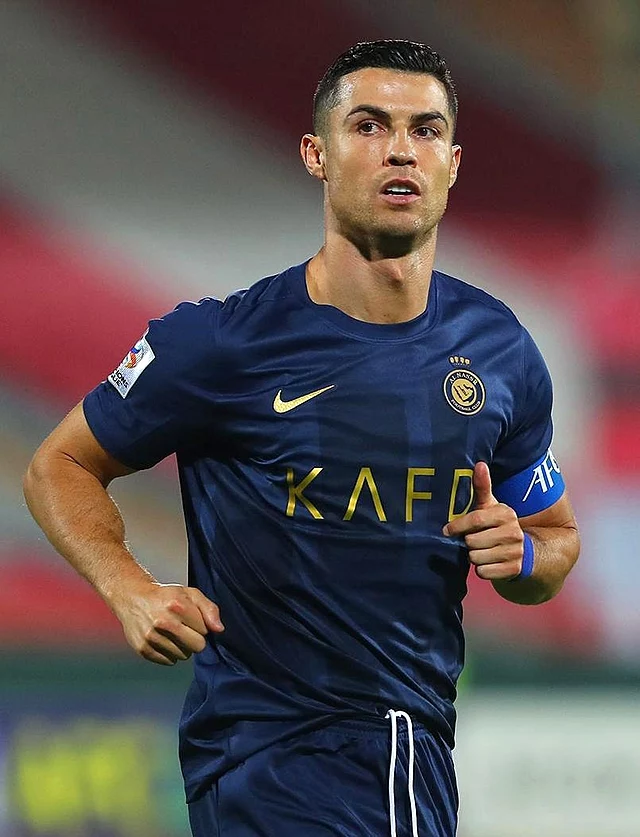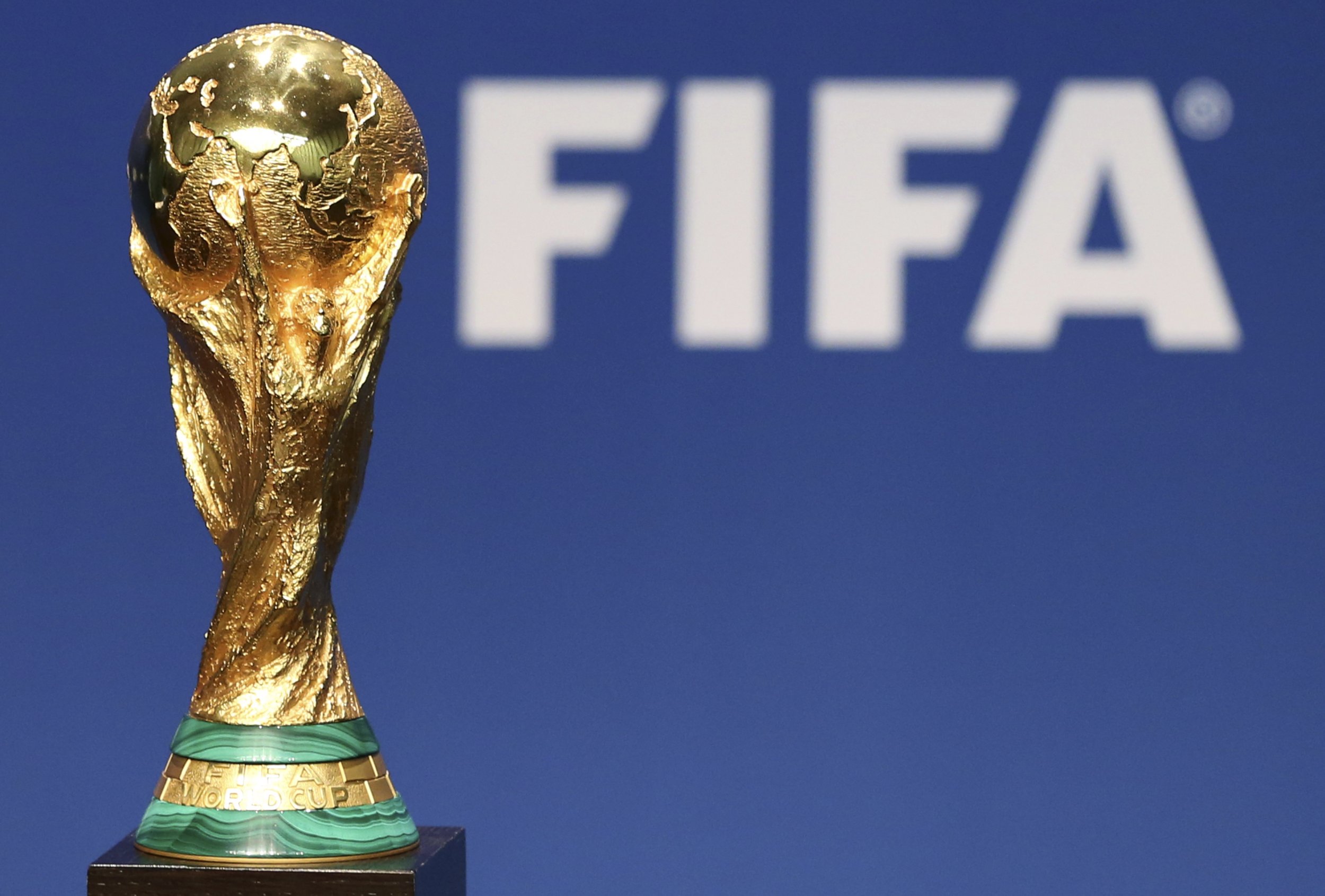my favarite player

Cristiano Ronaldo, often referred to as CR7, is one of the most iconic and accomplished footballers in history. Born on February 5, 1985, in Madeira, Portugal, Ronaldo's career has been marked by his extraordinary talent, work ethic, and relentless pursuit of excellence. Known for his incredible athleticism, versatility, and goal-scoring prowess, Ronaldo has played for some of the world's top clubs, including Sporting CP, Manchester United, Real Madrid, Juventus, and Al Nassr. Throughout his career, he has broken numerous records, including being one of the highest goal scorers in the history of both club and international football. Ronaldo's accolades include multiple Ballon d'Or awards, UEFA Champions League titles, and domestic league championships. Beyond his on-field success, CR7 is also a global icon, with a massive following and influence that extends far beyond football. His dedication to fitness and his ability to perform at the highest level well into his 30s have set new standards for athletes worldwide. Ronaldo's impact on the sport, his ability to inspire fans, and his status as one of the greatest players of all time make him a true legend in football.


